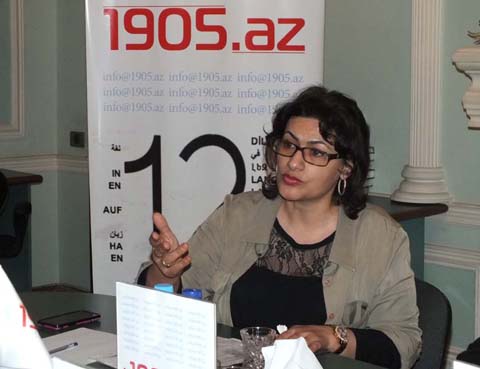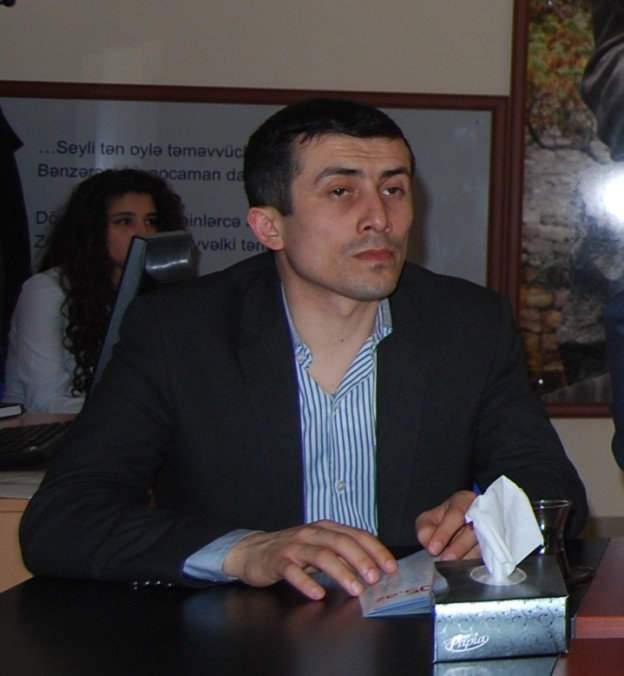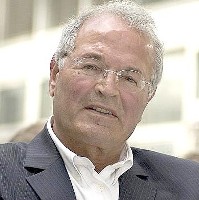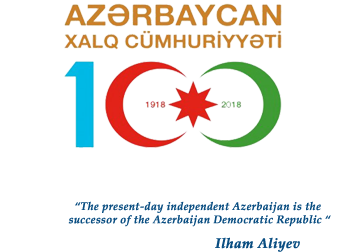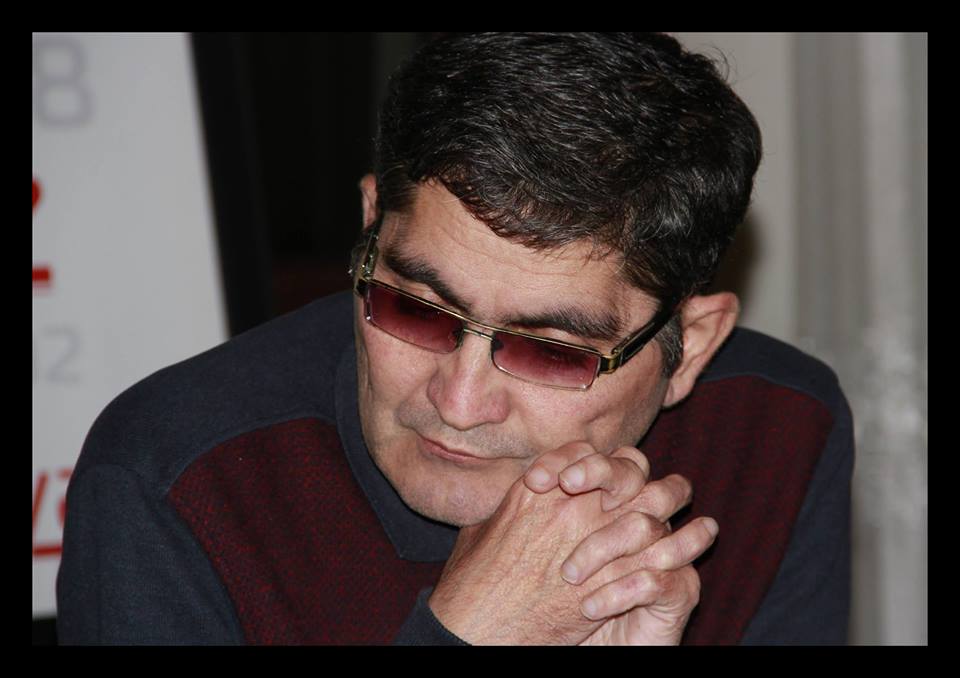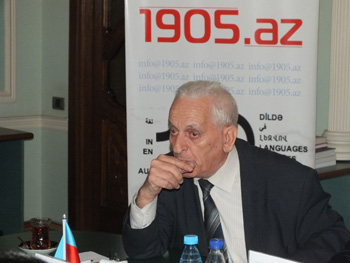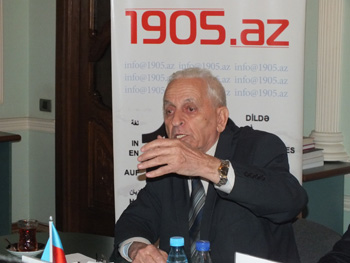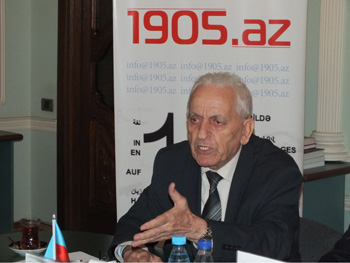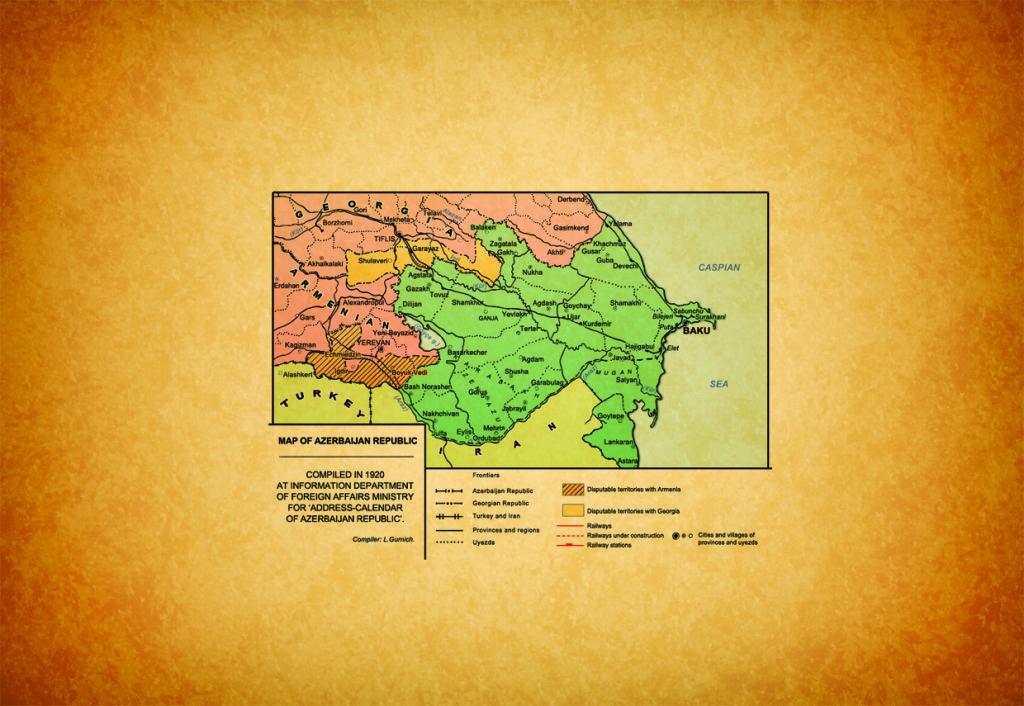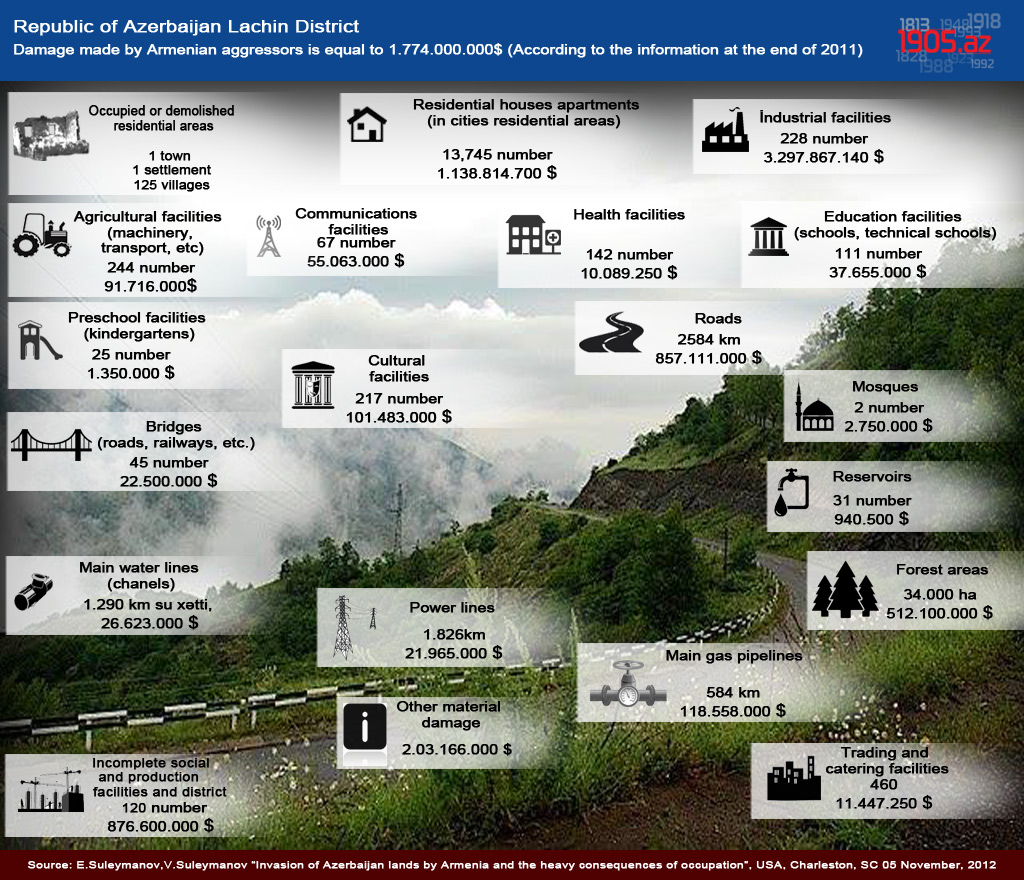Armenia has never accepted to implement the four UN Security Council resolutions on the Nagorno-Karabakh conflict and the clashes that took place on the contact line a few weeks ago were initiated by Armenia, said Abdulaziz Othman Altwaijri, director general of the Islamic Educational, Scientific and Cultural Organization (ISESCO).
Altwaijri was speaking on the issue to reporters in Baku Apr. 27.
ISESCO issued a declaration denouncing Armenian aggression and calling international community to stop this aggression and force Armenia to implement the UN Security Council’s resolutions demanding the withdrawal of Armenian troops from Azerbaijan’s occupied lands, he added.
“I think international community is not doing enough to make this happen,” added Altwaijri. “We have to continue our work on clarifying the situation and tell the world the truth about it.”
“The reality is that Armenia is occupying more than 20 percent of Azerbaijani territories to the detriment of international law,” Altwaijri added.
On the night of April 2, 2016, all the frontier positions of Azerbaijan were subjected to heavy fire from the Armenian side, which used large-caliber weapons, mortars and grenade launchers. Azerbaijan responded with a counter-attack, which led to liberation of several strategic heights and settlements.
Military operations were stopped on the line of contact between Azerbaijani and Armenian armies on Apr. 5 at 12:00 (UTC/GMT + 4 hours) with the consent of the sides.
The conflict between the two South Caucasus countries began in 1988 when Armenia made territorial claims against Azerbaijan. As a result of the ensuing war, in 1992 Armenian armed forces occupied 20 percent of Azerbaijan, including the Nagorno-Karabakh region and seven surrounding districts. The 1994 ceasefire agreement was followed by peace negotiations.
Armenia has not yet implemented four UN Security Council resolutions on withdrawal of its armed forces from the Nagorno-Karabakh and the surrounding districts.
Trend

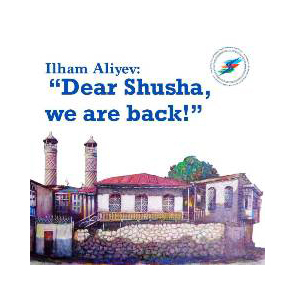

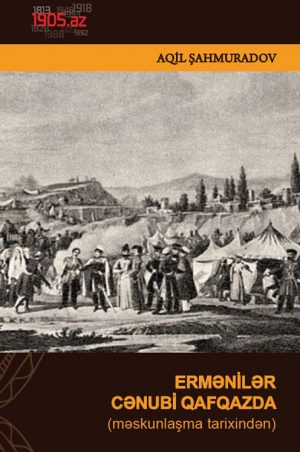





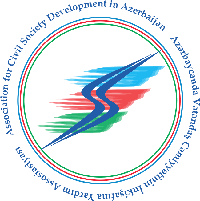
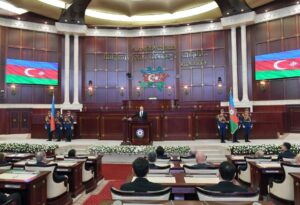 Inauguration ceremony of President of Azerbaijan Ilham Aliyev was held
Inauguration ceremony of President of Azerbaijan Ilham Aliyev was held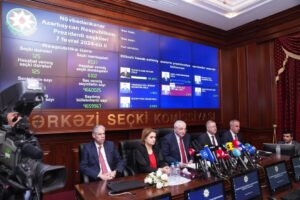 Ilham Aliyev wins presidential election with 92.05 percent of votes VIDEO
Ilham Aliyev wins presidential election with 92.05 percent of votes VIDEO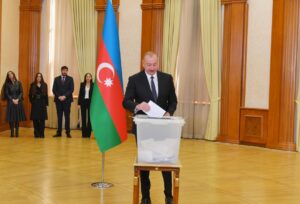 President Ilham Aliyev, First Lady Mehriban Aliyeva and family members voted in Khankendi VIDEO
President Ilham Aliyev, First Lady Mehriban Aliyeva and family members voted in Khankendi VIDEO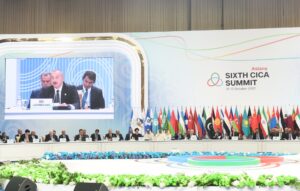 Plenary session of 6th Summit of Conference on Interaction and Confidence Building Measures in Asia gets underway in Astana. President Ilham Aliyev attends the plenary session VIDEO
Plenary session of 6th Summit of Conference on Interaction and Confidence Building Measures in Asia gets underway in Astana. President Ilham Aliyev attends the plenary session VIDEO President Ilham Aliyev was interviewed by Azerbaijani TV channels in Prague VIDEO
President Ilham Aliyev was interviewed by Azerbaijani TV channels in Prague VIDEO



